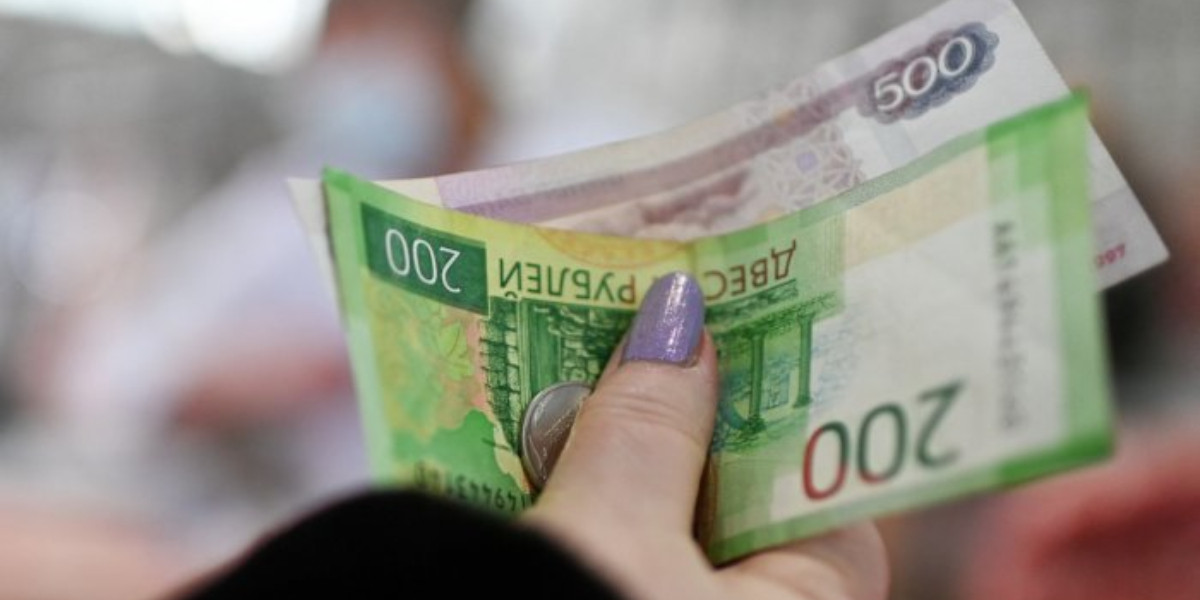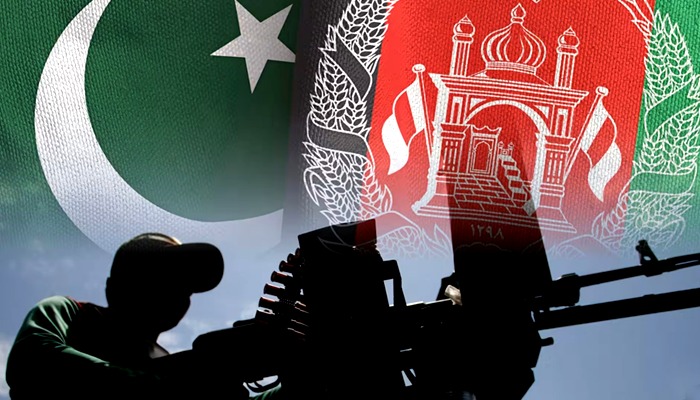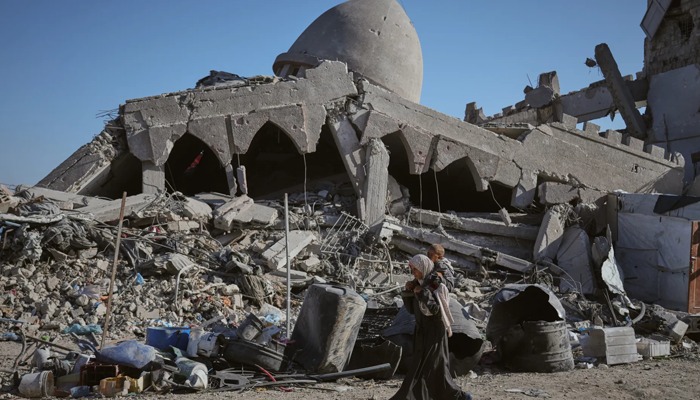Russia is on the verge of a unique debt crisis, according to investors, marking the first time a major emerging market economy has been forced into a bond default by geopolitics rather than empty coffers.
Few would have considered the idea of Russia defaulting on its hard currency bonds until the Kremlin started a war on Ukraine on February 24. It had been a favourite of emerging market investors due to its solid solvency track record, robust export income, and an inflation-fighting central bank.
However, the US Treasury’s refusal to extend a license allowing Russia to continue making debt payments despite broad sanctions has put Moscow on the verge of default.
The Russian finance ministry has transferred $100 million to its domestic settlement house in interest payments on two bonds due on Friday. However, some definitions consider it a default if money does not appear in the accounts of foreign bondholders.
Even if monies are received this time, roughly $2 billion in payments are due before the end of the year. One is due to be established outside of Russia in late June, which experts think will be impossible without the waiver from the US. find out more
Emerging market debt crises are not new; in 1998, Russia defaulted on its rouble bonds. Geopolitics has previously spilled over into the debt world, triggering defaults in Venezuela and Iran, for example.
However, after Iran’s 1979 revolution, US sanctions struck tiny sums of loan debt, whereas Venezuela’s economy was already on its knees before US curbs in 2019 pushed $60 billion in national and sub-sovereign debt over the edge.
Meanwhile, Russia continues to profit from oil and metals. The central bank has adequate funds to repay the $40 billion in outstanding national hard currency debt, despite sanctions freezing half of its $640 billion reserve war chest.
[embedpost slug=”lithuanians-have-raised-4-7-million-in-order-to-purchase-a-drone-for-ukraine/”]



















